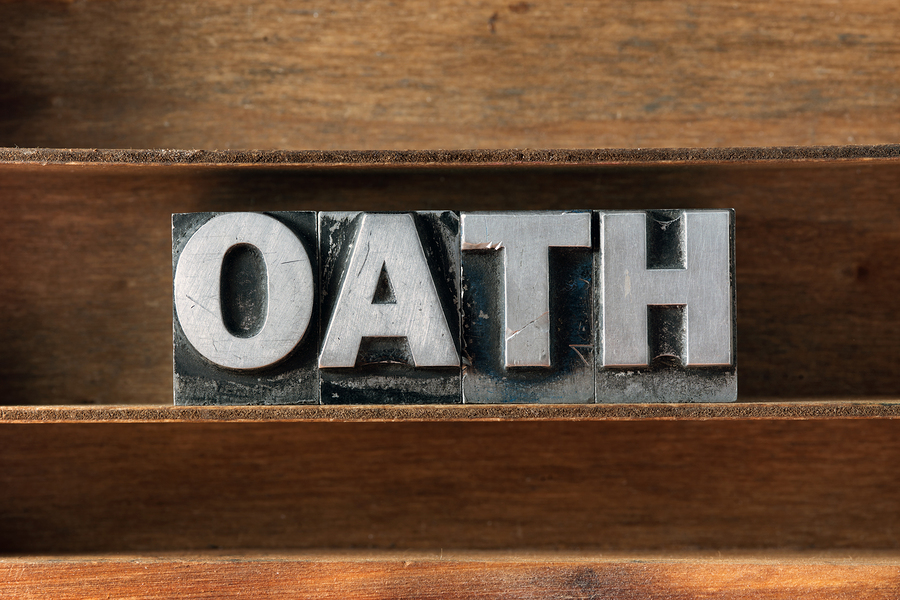 The Hippocratic Oath has been said to include a phrase about, “First, do no harm.” While this isn’t actually true (though it’s found in another of his writings), it should be. If the medical profession as a whole could take that concept on as truth, it would change our whole way of approaching a symptom.
The Hippocratic Oath has been said to include a phrase about, “First, do no harm.” While this isn’t actually true (though it’s found in another of his writings), it should be. If the medical profession as a whole could take that concept on as truth, it would change our whole way of approaching a symptom.
In a strange way, this may seem to be what happens. You’re first given a prescription. That doesn’t help? Another one. And maybe another one and another one. (Most likely, to also deal with the side effects the beginning prescriptions are causing.) In time, you may be taking pills that resemble an explosion of fireworks on the Fourth of July. And then, if you’re still miserable, may come the time when surgery is suggested. To “fix” something. To remove something. To simply do something.
That’s not “do no harm.” All of that does harm to some extent. My version of do no harm is to offer up safe alternatives to start. A supplement, a massage, some other holistic practice. Nothing that can come close to harming. That doesn’t help, then perhaps more, still “do no harm” items, but ones that you have to take active responsibility for. Eating healthier. Moving more. Adapting stress relief practices. There’s plenty to choose from that can only enhance your health.
And, only then — only after these have been exhausted (if there is time, and, often, there is) — do we move on to things that could cause some element of harm, even if “only” a side effect.
It’s not hard to move up the scale. (I’d more likely call that down the scale, but …) But, once you are experiencing side effects from pharmaceuticals or have something cut out, well, it’s damn hard to reverse that. You then have to deal with what you’re left with.
Unfortunately, this idea isn’t the norm most of the time. Guess what? You get to make it your new norm. Don’t accept, don’t request the big ticket items. Be willing to investigate and try safer first. Ask the questions: Does this carry any risk at all? What else can I do? What are my choices? And go find some answers yourself, too. Read about it. Research. Question. Think. It’s your life; it’s precious; protect it. Do everything you can to not harm it. Reasonable not radical is your friend — and maybe your life saver.